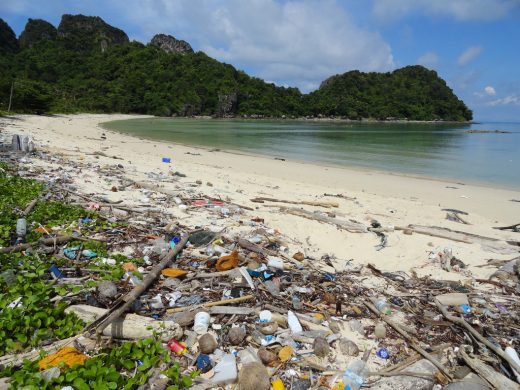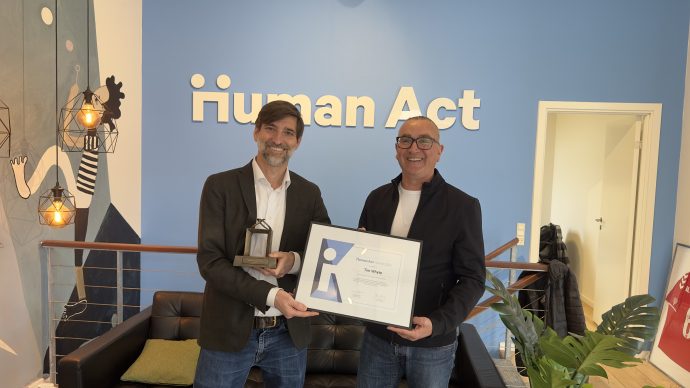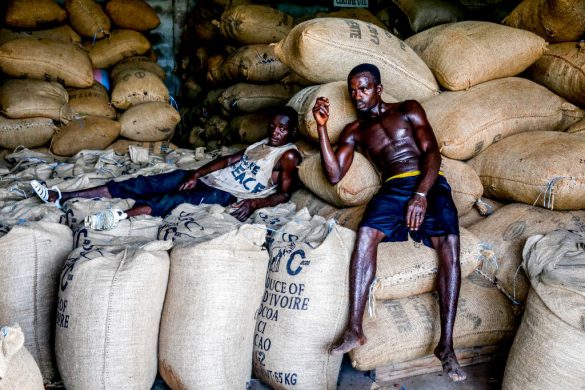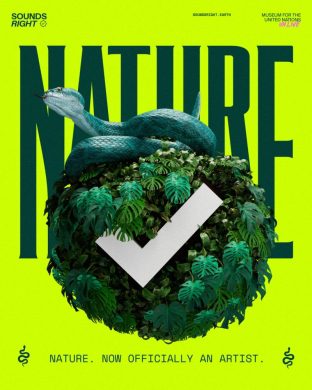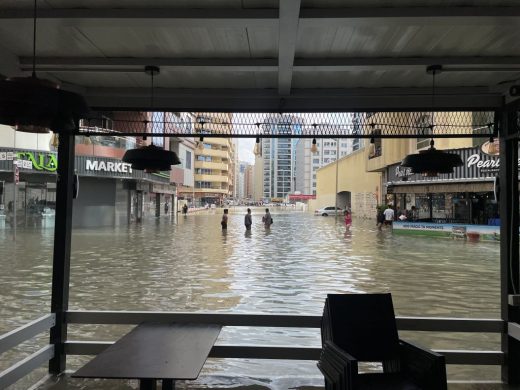23 February 2017 (UNEP): UN Environment launched today an unprecedented global campaign to eliminate major sources of marine litter: microplastics in cosmetics and the excessive, wasteful usage of single-use plastic by the year 2022.
Launched at the Economist World Ocean Summit in Bali, the #CleanSeas campaign is urging governments to pass plastic reduction policies; targeting industry to minimize plastic packaging and redesign products; and calling on consumers to change their throwaway habits – before irreversible damage is done to our seas.
Erik Solheim, Head of UN Environment, said,
"It is past time that we tackle the plastic problem that blights our oceans. Plastic pollution is surfing onto Indonesian beaches, settling onto the ocean floor at the North Pole, and rising through the food chain onto our dinner tables. We’ve stood by too long as the problem has gotten worse. It must stop."
Throughout the year, the #CleanSeas campaign will be announcing ambitious measures by countries and businesses to eliminate microplastics from personal care products, ban or tax single-use bags, and dramatically reduce other disposable plastic items.
Ten countries have already joined the campaign with far-reaching pledges to turn the plastic tide.
Indonesia has committed to slash its marine litter by a massive 70 per cent by 2025; Uruguay will tax single-use plastic bags later this year and Costa Rica will take measures to dramatically reduce single-use plastic through better waste management and education.
Each year, more than 8 million tonnes of plastic ends up in the oceans, wreaking havoc on marine wildlife, fisheries and tourism, and costing at least $8 billion in damage to marine ecosystems. Up to 80 per cent of all litter in our oceans is made of plastic.
According to some estimates, at the rate we are dumping items such as plastic bottles, bags and cups after a single use, by 2050 oceans will carry more plastic than fish and an estimated 99 per cent of seabirds will have ingested plastic.
Se mere på UNEPs hjemmeside i nedenstående link.

